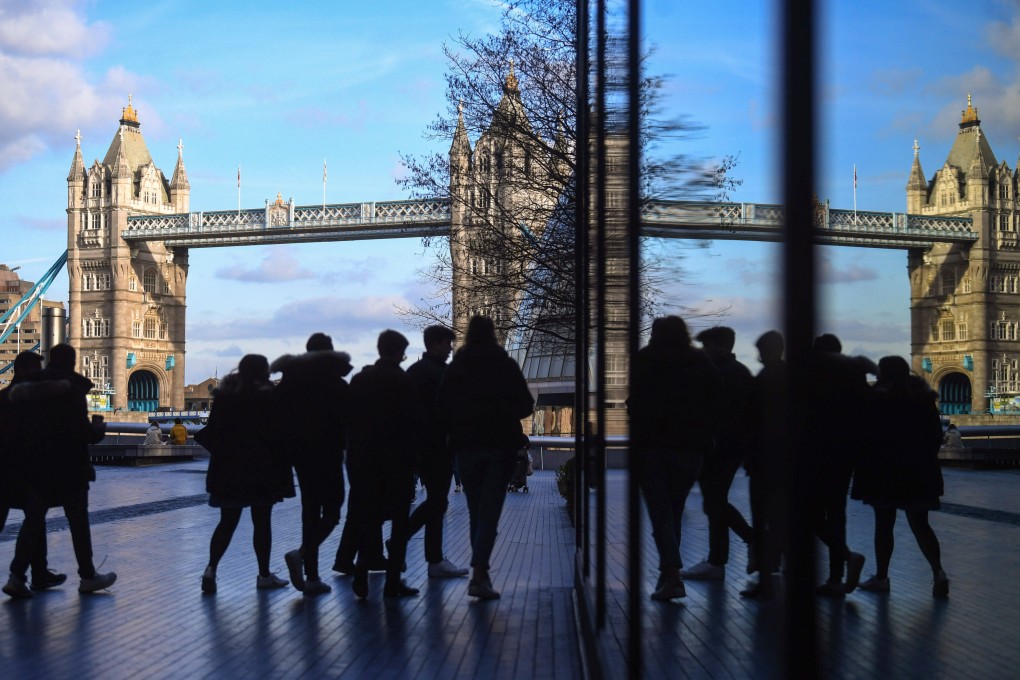Almost half of new Hong Kong immigrants in Britain have symptoms of depression or anxiety, survey finds
- But more than half of Hongkongers report an improvement in their mental health after moving to the country
- Study by graduate student and advocacy group Hongkongers in Britain is the first UK-wide one on the mental health of new immigrants from city

But more than half of respondents reported an improvement in their mental health after moving to Britain.
The study, by a university graduate student and advocacy group Hongkongers in Britain, was the first United Kingdom-wide one on the mental health of new Hong Kong immigrants.

The survey found one in four respondents reported clinically significant symptoms of anxiety disorder, with 18 per cent reporting symptoms of depressive disorder.
An anxiety disorder is a mental illness which can cause a person to worry and fear almost everything that happens.
Mark Liang, a graduate student at the University of Cambridge who led the study, said scholars had previously questioned whether anxiety or depression experienced by Hongkongers in the UK was a normal part of immigration, the result of culture shock for example, or feelings specific to the group.